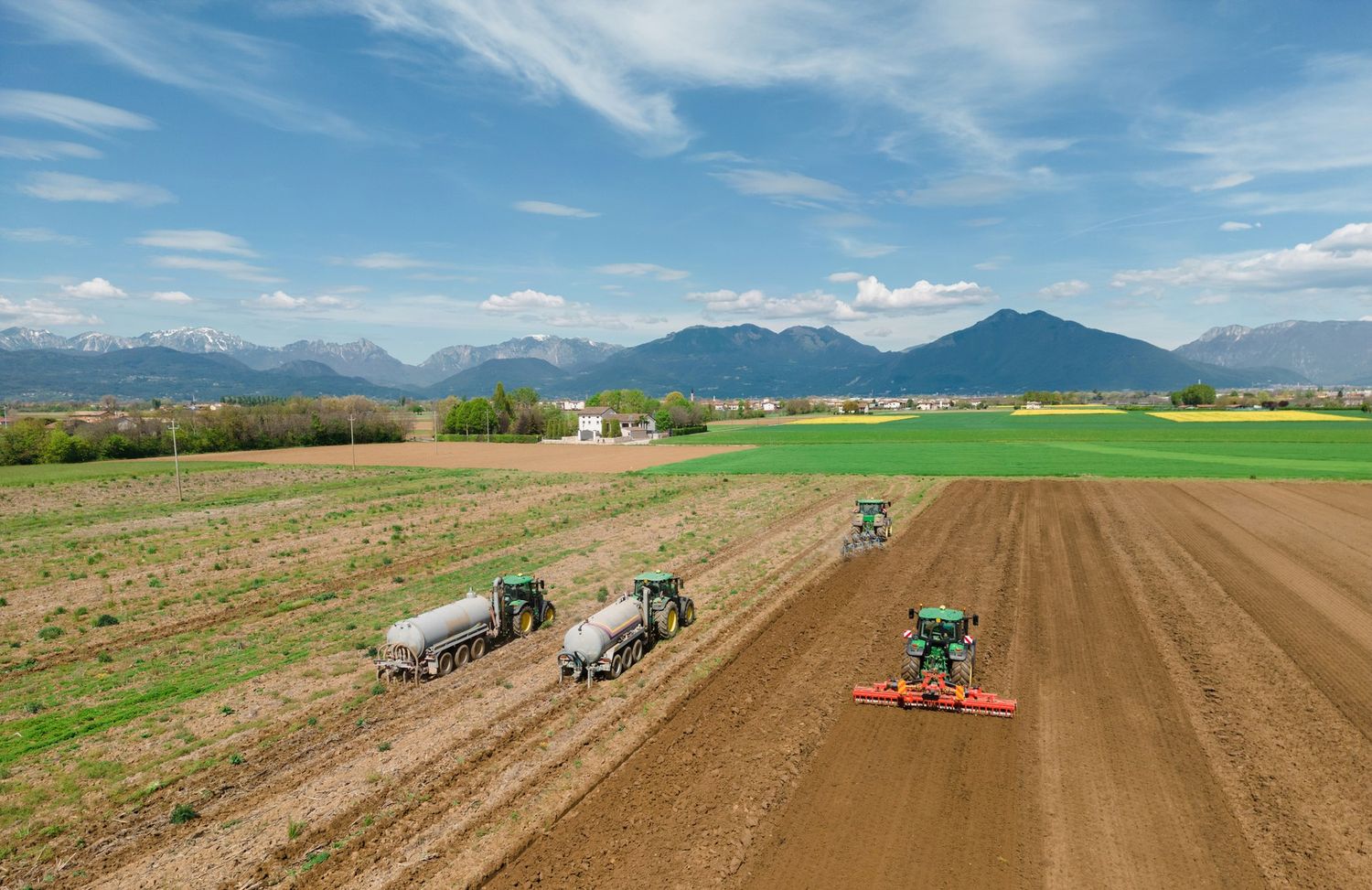Education
Understanding the Correlation Between Inflation and Commodities
3 minutes
Read
•
Aug 19, 2024
Encourages investors to consider commodities as a strategic part of their portfolios, particularly in times of rising inflation, while also urging them to assess market conditions and risks carefully.
LAST UPDATED:
March 5, 2025
.avif)
Inflation and commodity prices have a profound and interconnected relationship that significantly impacts the economy. Grasping how inflation affects commodity prices and vice versa is crucial for investors, policymakers, and businesses alike. This article explores this complex correlation, detailing how inflation influences commodity markets and how fluctuations in commodity prices can, in turn, affect inflation.
What is Inflation?
Inflation refers to the rate at which the general level of prices for goods and services rises, leading to a decrease in purchasing power. It is typically measured by indices such as the Consumer Price Index (CPI) or Producer Price Index (PPI). High inflation erodes purchasing power, requiring consumers to spend more money on the same goods and services.
How Inflation Affects Commodity Prices
- Increased Production Costs: One of the primary ways inflation impacts commodity prices is through increased production costs. As inflation rises, so do the costs of raw materials, labor, and other inputs necessary for commodity production. Producers often raise commodity prices to maintain profit margins, especially under intense market competition. For example, if inflation drives up the cost of steel, the prices of steel-dependent goods like cars and appliances are likely to increase.
- Higher Demand for Tangible Assets: Inflation often prompts investors to seek safe havens to protect their wealth from eroding purchasing power. Commodities like gold, silver, and oil are considered tangible assets that tend to hold their value during inflationary periods. As a result, increased investment demand for these commodities can drive up their prices. For instance, during periods of high inflation, investors might buy gold as a hedge, which can lead to a rise in gold prices.
- Currency Devaluation: Inflation often triggers currency devaluation, raising import costs for commodities and driving up overall prices. When the value of money declines, the cost of importing commodities rises. This can contribute to increased commodity prices overall. For example, if the U.S. dollar weakens, the price of imported oil may increase, affecting oil prices globally and contributing to higher inflation
How Commodities Influence Inflation
- Direct Impact on Consumer Prices: Commodities are essential for production, and market competition influences their pricing and availability. When commodity prices rise, the cost of producing goods and services also increases. These higher production costs are often passed on to consumers, leading to higher prices for goods and contributing to overall inflation. For example, a spike in oil prices can increase transportation and production costs, which can be reflected in higher prices for consumer goods.
- Expectations and Speculation: Commodity prices can also be influenced by market expectations and speculative trading. If investors anticipate that commodity prices will rise, they may buy up commodities, which can drive up prices and potentially contribute to inflationary pressures. Speculative trading in oil futures, for instance, can lead to higher oil prices, which may then have broader inflationary effects if those costs are integrated into the economy.
- Supply and Demand Dynamics: The interplay of supply and demand in the commodity markets can also impact inflation. Supply disruptions, increased demand, or changes in production levels can lead to price fluctuations for commodities. For example, a drought that reduces the supply of agricultural products can lead to higher food prices, which in turn contributes to overall inflation.
Factors Affecting the Correlation
- Economic Policies: Monetary and fiscal policies play a significant role in influencing both inflation and commodity prices. Central banks may adjust interest rates to control inflation, which can impact commodity prices. For instance, raising interest rates to curb inflation might strengthen the currency and lower commodity prices, while lowering interest rates could have the opposite effect.
- Global Events: Geopolitical events, natural disasters, and global economic trends can impact both inflation and commodity prices. Events such as political instability in oil-producing regions or natural disasters affecting crop yields can disrupt supply chains and affect commodity prices, influencing inflation
- Currency Fluctuations: Currency value fluctuations have a direct impact on commodity prices, especially for internationally traded commodities. A stronger currency can reduce the cost of importing commodities, while a weaker currency can increase it. For example, if the euro depreciates against the U.S. dollar, Europeans might face higher costs for commodities priced in dollars, influencing inflation within the eurozone.
Conclusion
The relationship between inflation and commodity prices is intricate and influenced by various economic factors. Inflation often leads to higher commodity prices due to increased production costs and shifts in investor behavior. Conversely, rising commodity prices can contribute to overall inflation by increasing the costs of goods and services. Understanding this correlation is essential for making informed investment decisions, managing financial risks, and developing effective economic policies. By staying informed about both inflationary trends and commodity markets, individuals and businesses can better navigate economic challenges and anticipate potential impacts on their financial stability.




